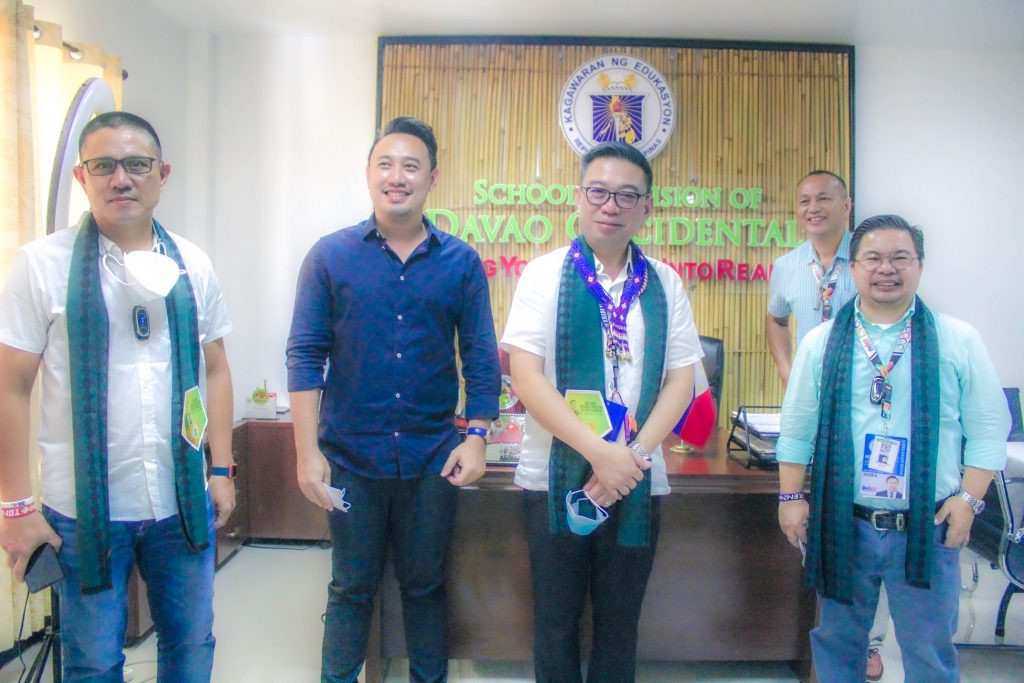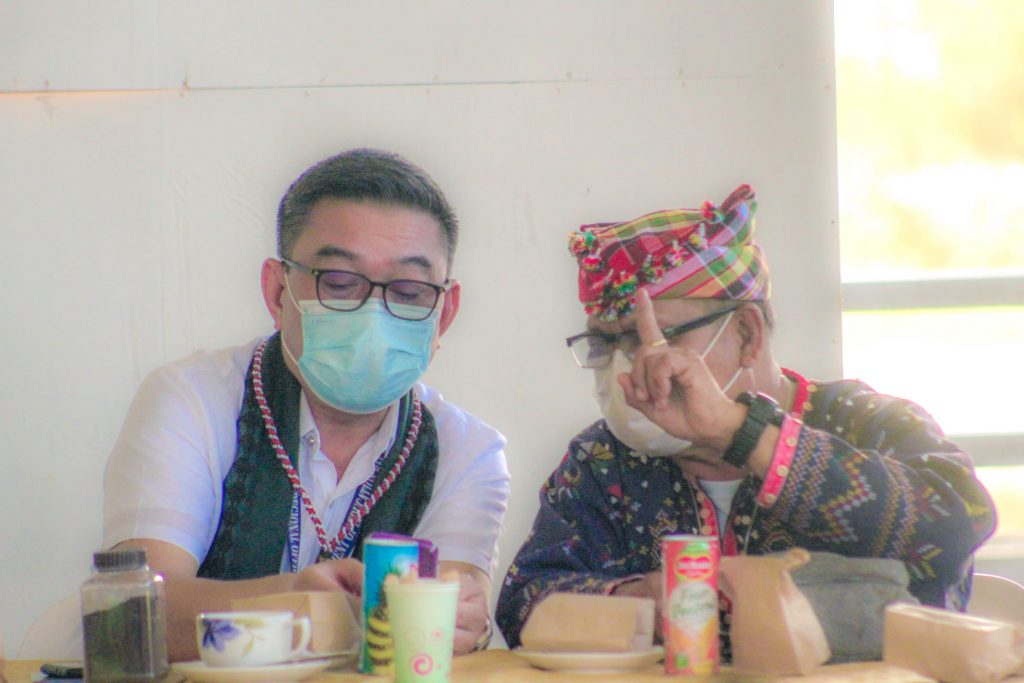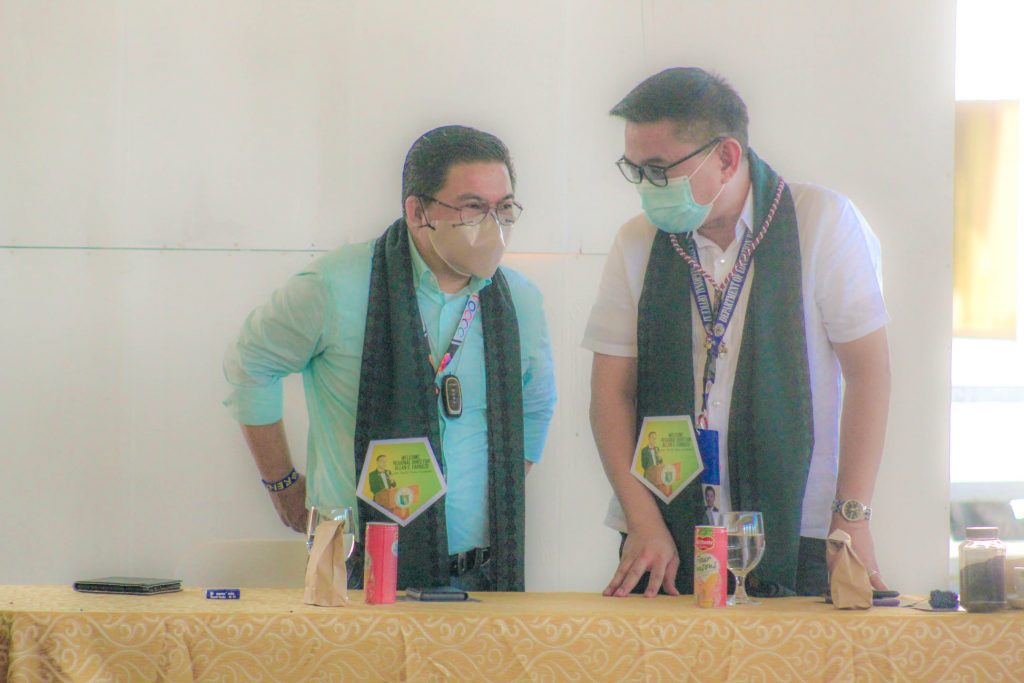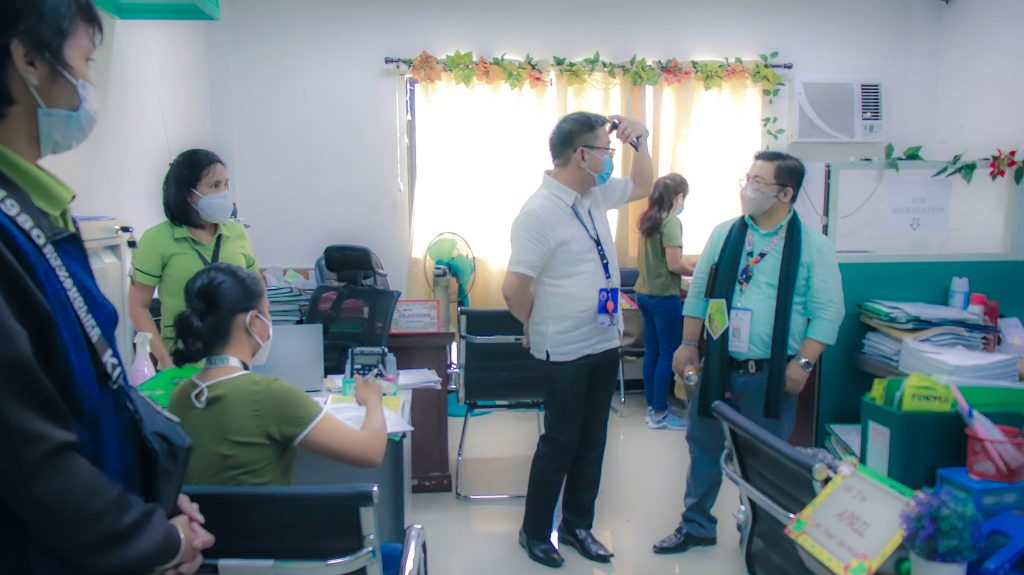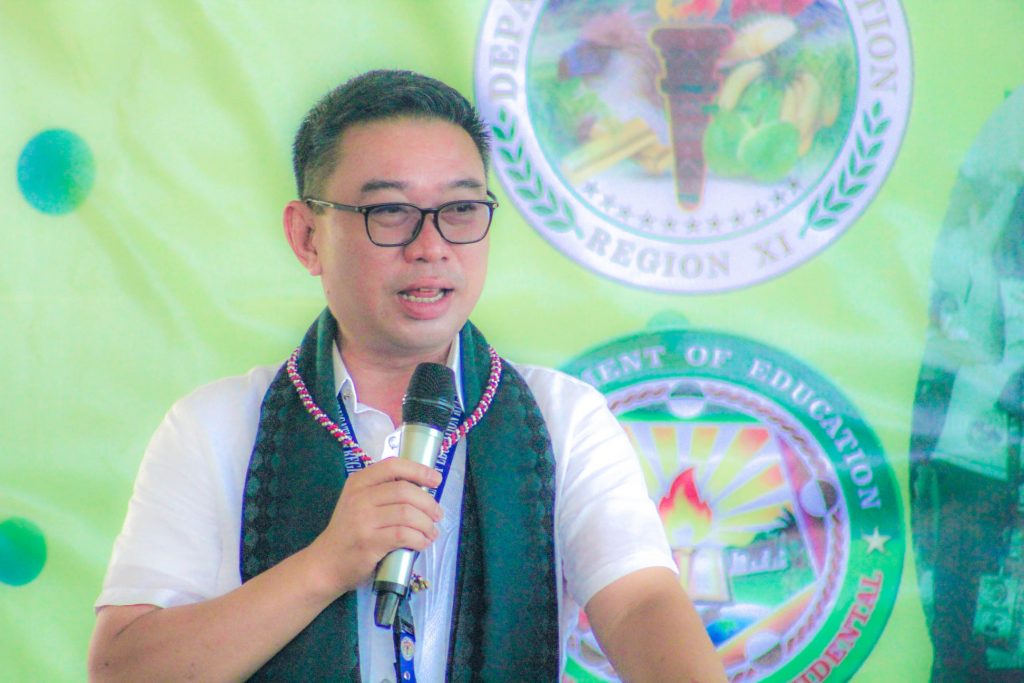In the world of works and in the line of leaders, seldom can you find the one you can call a hero. They say that is one in a million.
But for Jonathan “Jhonah” C. Araneta, program education supervisor of the Division of Davao Occidental, she could size him up as a particular disciplined leader who has identified and focused on the 20 percent of activities that will drive 80 percent of the results, and those most important results are those tied to the organization’s most precious asset – its people.
Jhonah was truly inspired when she heard him said, “We will not be taking new steps, new directions. We will just perhaps be infusing new dynamism, new spirit, new fervor, and new ways of doing things.”
It wasn’t expected as he did not sound like the other previous regional directors she came across with. Jhonah was amazed to meet him for the first time and listen to the words of Regional Director (RD) Allan G. Farnazo.
It was a sweet melody to her ears when RD Farnazo said, “Hindi ako pumunta dito upang kumanta ng panibagong kanta at pipilitin ko kayong kumanta kasama ko. Pumunta ako rito upang kumanta ng kantang paborito ninyong kantahin. Gusto ko, ang boses ninyo at boses ko ay maging isang bahagi ng isang symphony or orchestra where you love singing the song. I would like to sing with you.”
That declaration was never heard from other leaders of the same standing. Indeed, for Jhonah it was amazing.
RD Farnazo also shared he has learned difficult and important lessons in life that he cannot just transport best practices into other locations because people have different story, struggles, priorities, and contexts.
For Jhonah, this kind of a leader really knows what he wanted. This can be gleaned in his speech when he said, “I believe in the principle that says, begin where the learners are.”
RD Farnazo expressed this to tell everyone that in his current leadership functions in Region XI, he will begin where everyone is. That together, they all will create and shape the future and direction that are desirable and will fit them. How the children of Davao Region be taught and what they want these learners will be through leadership that will hone their character and their being.
In her perspective, the director’s emphasis on setting priorities proves his worth when he said, “Bigyan natin ng kongkretong pag-uunawa ang katagang ‘No child is left behind’.”
This call for urgency has reference to the discriminating kind of system we have in education. Those standards that set apart the children who are physically, mentally, and emotionally challenged from the normal children in our society.
In his substantiation, the leader stressed this, “One child, definitely, is not the same with the other.”
He further eschewed discrimination when he said, “What is important is what is the thing that binds between persons and not how the person looks against and towards others.”
And here, he uttered the immortal line of Antoine de Saint-Exupery, “It is only with the heart that one can see rightly; what is essential is invisible to the eye.”
Certainly, in Jhonah’s point of view, this fellow is well-guided with his conviction and divine intervention.
Jhonah could feel rightly how this noble fellow feels in his tone when he professed, “My passion is in my work. Because I take it by heart when I said no child is left behind.”
He said this to mean that all children have space in school to learn. This is the prime consideration that each one should be mindful of in the gradual preparation of every school for the normal face-to-face classes.
Truly, it was overwhelming for her to hear from the director his desires for his people when he expressed, “I want to share with you a new way of looking into leadership. Leadership that sets your position and your person as a model but not a person that celebrates about his power and the authority that is in him.”
Ma’am Jhonah found herself in complete agreement with the director when he supposed, “Napakadaling maging leader pero napakahirap maging disiplinadong leader.”
True enough, becoming a disciplined leader takes hard work. One has to go into self-chastisement and break himself of the bad habits he’d created. This was crystallized by the director in his speech, “The leader is the model and the leader draws his leadership credibility through his examples. Be, therefore, the examples you want for your teachers.”
His emphasis of this point drew to his example that if others can afford to be late in attending to their commitments, a leader cannot, in any way, because he is a leader. For Jhonah, everything that this intellectual individual was saying was very true and correct.
It is an irresistible feeling for her to perceive that the director has the full trust and confidence to his people to perform the tasks yoked on them when he made his final note, “I achieved my goal, na lahat ng reklamo itapon na at lahat ng gawa ay simulan na!”
Undeniably, RD Farnazo’s projected image touched the lives of the mere employees in the Department, comparable to Jhonah who has been in search of her own hero to emulate and be her inspiration while brawling the challenges in the world of works.
By Raymond S. Aquino

